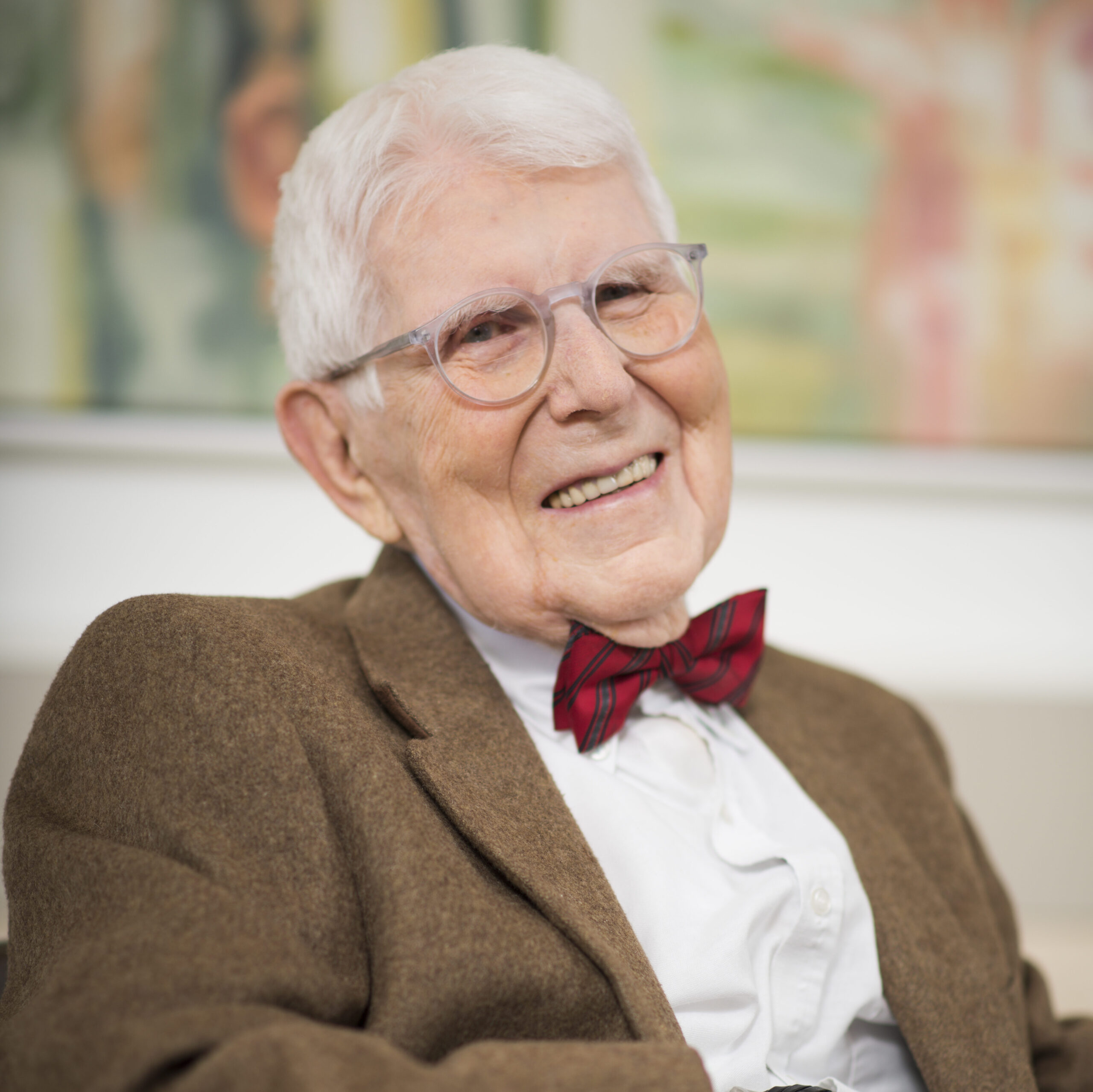Dr. Aaron T. Beck’s 1999 book Prisoners of Hate explores the psychological roots of hatred, violence, racism, and genocide. Dr. Beck uses the lens of cognitive therapy and the cognitive model to help readers understand how distorted thinking patterns can lead individuals—and entire groups—to dehumanize others and justify acts of cruelty. He argues that hate is a product of deeply ingrained cognitive distortions, rigid belief systems, and unresolved personal pain.

Prisoners of Hate teaches that hatred is not inevitable—it is learned and can be unlearned. He outlines therapeutic strategies for challenging distorted thoughts, fostering empathy, and building a sense of shared humanity. He also applies cognitive therapy techniques to conflict resolution, offering insights into how individuals and groups can break cycles of violence and prejudice. He challenges readers to confront their own biases, understand the psychological mechanisms behind societal violence, and cultivate compassion.
We recently learned that Dr. Matthew June, a history teacher at the Latin School of Chicago, assigned his class a chapter from Prisoners of Hate as part of their preparatory reading for his course Nazi Mind: Social Psychology of the Holocaust. With our world and our nation becoming increasingly divided, we wanted to learn more about how this book and this course are helping students identify and understand the cognitive underpinnings of hate—and inspiring them to become agents of change. We spoke to Dr. June to find out.
Could you briefly describe your school and the history of this course? How does this course fit into the mission of your school?
The Latin School of Chicago is a private, college-preparatory school. Our course, Nazi Mind: Social Psychology of the Holocaust is a unique elective primarily for 10th graders, though juniors and seniors often return to serve as teaching assistants for the class and “returning justices” in our culminating Nuremberg Trials simulation. The course was created in 1978 by Ingrid Dorer Fitzpatrick, who was pursuing graduate work in psychology and designed the class as a way to teach students about the Holocaust through a psychological lens. She taught it for twenty years, followed by another teacher who carried it forward for two more decades. I’ve now taught the course for seven years, even as Ingrid continues to help with the class, preparing our justices for their roles in the Nuremberg trials.
The course invites students to grapple with our essential question: What does learning about the choices people made during the Weimar Republic, the rise of the Nazi Party, and the Holocaust teach us about the power and impact of our choices today? That question, and the interdisciplinary approach we use to explore it, aligns with our school’s liberal arts mission to cultivate responsible, thoughtful, and engaged citizens.
Why did you choose the chapter on Persecution and Genocide from Prisoners of Hate as required reading?
Aaron Beck’s chapter on “Persecution and Genocide” provides a psychological foundation that is essential to our work throughout the semester. Although our summer readings have evolved over the years, this chapter has remained constant. Beck’s analysis of cognitive distortions, moral disengagement, and dehumanization offers students a conceptual framework for understanding how ordinary people can rationalize and participate in extraordinary violence. It pushes them to ask not only what happened, but why it happened and how it could happen again.
Why is it important for students to understand the psychological underpinnings of racism and hate?
Because the forces that fueled the Holocaust did not disappear in 1945. Understanding the psychology of hate helps students recognize how dangerous ideas take root, not just in an “evil other” but within ourselves and our societies. When students can identify the mechanisms behind scapegoating, group conformity, and moral rationalization, they’re better equipped to notice and challenge them in the present.
How have past students responded to the material in this chapter?
Students regularly cite this chapter as one of the first signs that we will be studying the history of the Holocaust differently than they may have done in the past. It often sparks deep discussions about how these same psychological dynamics appear in contemporary life—from online extremism and political polarization to systemic racism and everyday prejudice. The ideas they encounter in Beck’s writing often resurface during later units and shape the arguments they present during our final trial simulation.
What do you hope students take away from this course?
We hope students leave the course with both sharper analytical tools and a deeper moral awareness. Our semester culminates in a simulation of the Nuremberg Trials, where students confront the legal and psychological defenses offered by Nazi leaders and collaborators. In evaluating those justifications, they begin to see how similar forms of reasoning can show up in the world today. More than anything, we want students to walk away with a renewed sense of agency, understanding that the choices we make, individually and collectively, have real consequences.